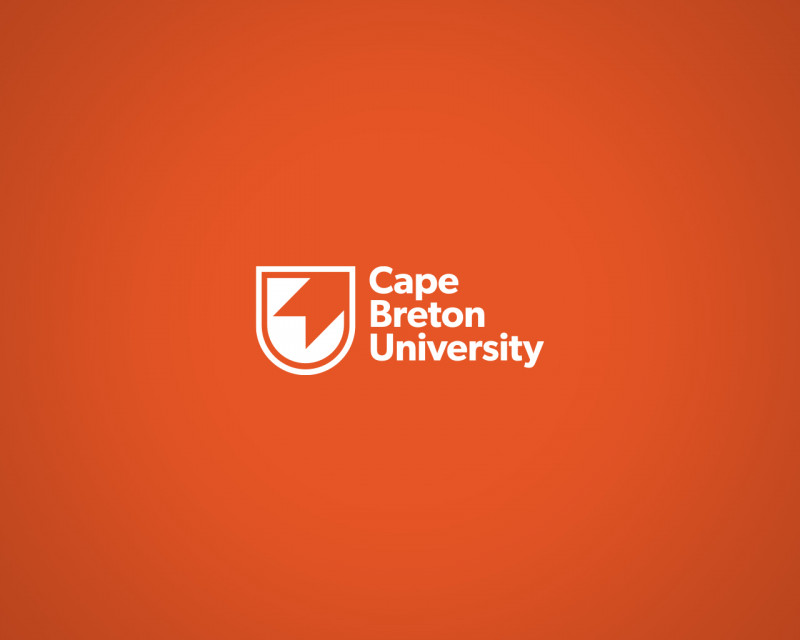Course Info
Explore Cultures And Traditions
Cape Breton Island is a hotbed of culture, with a rich, varied landscape of traditions and lore. Traditionally, folklore is the study of informal culture.
The study of a group’s folklore yields valuable insights into how that group operates in the world, but also reveals biases, prejudices and other obstacles to a more inclusive worldview. Most often, folklore is expressive and manifests itself in certain forms, such as story and song, festival and feast, architecture and craft. Although these forms may be manifested in a distinct way by each group, they recur in similar ways across cultures, so folklore examines both the particular context and the general formal patterns of expressive culture.
After providing a solid introduction to folklore genres, analytical approaches and ethnographic methods, folklore students take a balance of regional folklore courses (courses primarily about folklore in Atlantic Canada), and courses emphasizing genres and issues (such as urban legend, gender, food and cultural tourism).
CBU students learn practical skills in interviewing, fieldwork, and ethnographic research while also gaining an awareness of international heritage policy. Folklore’s interdisciplinary nature promotes sharing concerns, methods and insights with others. Through this group learning dynamic, folklore students acquire skills and knowledge that are applicable in a wide range of careers.
Why study at CBU?
Cape Breton is home to several distinct language and expressive communities, including Mi’kmaq, Scottish Gaelic and Acadian. It is home to the only African Orthodox Church in Canada, the only Ukrainian and Polish churches east of Montreal, and a vibrant, multicultural community with many members descended from Italian, Greek, Jewish and Lebanese immigrants, among others.
Students in the folklore program have access to cutting-edge technological equipment, software and facilities at CBU. The Digitization Lab lends audio and video equipment to students so they can conduct ethnographic fieldwork and interviews. The Media Interpretation and Reception Lab enables video documentation of group interviews and focus groups.
CBU is also home to the Beaton Institute and the Mi’kmaq Resource Centre, exceptional archival resources that provide primary and historic data sources about the history and culture of Cape Breton Island and its cultural groups. They also regularly accept student research materials, allowing students to leave a legacy that will help future scholars.
What skills will I gain from this program?
Understand how folklore informs our worldview.
Recognize the prevalence of folklore in contemporary society.
Ethnographic fieldwork.
Analyze the use of traditional forms and styles in popular culture.
Research and writing.
Experiential Learning Opportunities
International exchange agreements with institutions in Ireland, Northern Ireland and Scotland, as well as other countries around the world.
An archival internship working with folkloric and/or archival materials at an institution such as the Beaton Institute or in a library or museum outside of CBU.
A significant number of courses involve experiential learning units, such as our festivals course (FOLK 3603), which involves attending and analyzing the Celtic Colours International Festival, and our ethnography course (FOLK 2114), which requires producing a unique ethnographic project.
Museums, libraries and archives: exhibit designers; researchers; program developers
Print and broadcast media: journalists; reporters; film and theatre consultants
Public history: historical interpreters; producers of historical documentaries
Government: working in departments of culture and tourism; developers of cultural policy
Most professional degrees that require a Bachelor’s degree (e. medicine, law)
Bachelor
Based on course availibility
Open
January, May, September
Grade 12 with minimum average 55% with no Subjects below 50%.
IELTS: Overall 6.5 band no less than 6.0 Band. OR MOI (medium of instruction), a letter from college/university/School mentioning that his/her language of education was English during his/her studies. TOFEL: PTE: 59
3/4 Years
CAD$ 19578.90
*Price shown is for indicative purpose, please check with institution
N/A
Sydney
Here are some scholarship that are available at The Cape Breton University (CBU).
Combined Adrienne Marshall English Scholarship and Barry Marshall Science Scholarship
Tuition Fee Scholarship
For further details, please contact the university website.
- Be students at the Beijing Huija Private School;
- meet all entry requirements normally applied to the English Language Bridging course and the Bachelor of Science1 course;
- not be Australian citizens or permanent residents of Australia; and
- be liable for international full fees.
All international
Combined Adrienne Marshall English Scholarship and Barry Marshall Science Scholarship
Tuition Fee Scholarship
For further details, please contact the university website.
- Be students at the Beijing Huija Private School;
- meet all entry requirements normally applied to the English Language Bridging course and the Bachelor of Science1 course;
- not be Australian citizens or permanent residents of Australia; and
- be liable for international full fees.
All international


